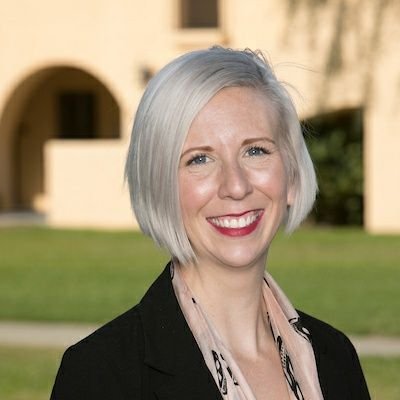It’s well recognized that a hard problem in the Open Access arena is how to ‘flip’ the flagship society journals in the humanities and social sciences. There are no funding agencies fueling the transition to Open Access as in STEM [e.g. Plan S] and revenue from the flagship journal is critical to the scholarly society because it defrays the cost of meetings and conferences, funds membership development, and supports outreach. It’s recognized that the subscription system is marginalizing whole categories of scholars and learners, but the “flip” to an APC based model simply creates marginalized categories on the authorship side, and endowment models of flipping all have the flaws of “freeloaders” and “Samaritans” which bring into question their sustainability.
John proposes instead a re-thinking of the relationship between publisher and author, so that the publisher establishes themselves as the experts in dissemination and shoulders the responsibility of maximizing the dissemination of the author’s work by proving the author’s accepted manuscript (AAM) to an appropriate repository and then taking down the paywall. When requests for an article come to the publisher instead of presenting non-subscribers with a paywall, they instead direct the request to the repository in which the AAM has been archived.
John’s brief walk-through of the model will be followed by critiques from:
- A librarian, NV Sathyanarayana, Chairman, Informatics, Bangalore, India
- A humanities scholar, Stanley Katz, President Emeritus, American Council of Learned Societies [by video]
- A social scientist: Smitha Radhakrishnan, Associate Professor of Sociology, Wellesley College [by video]


